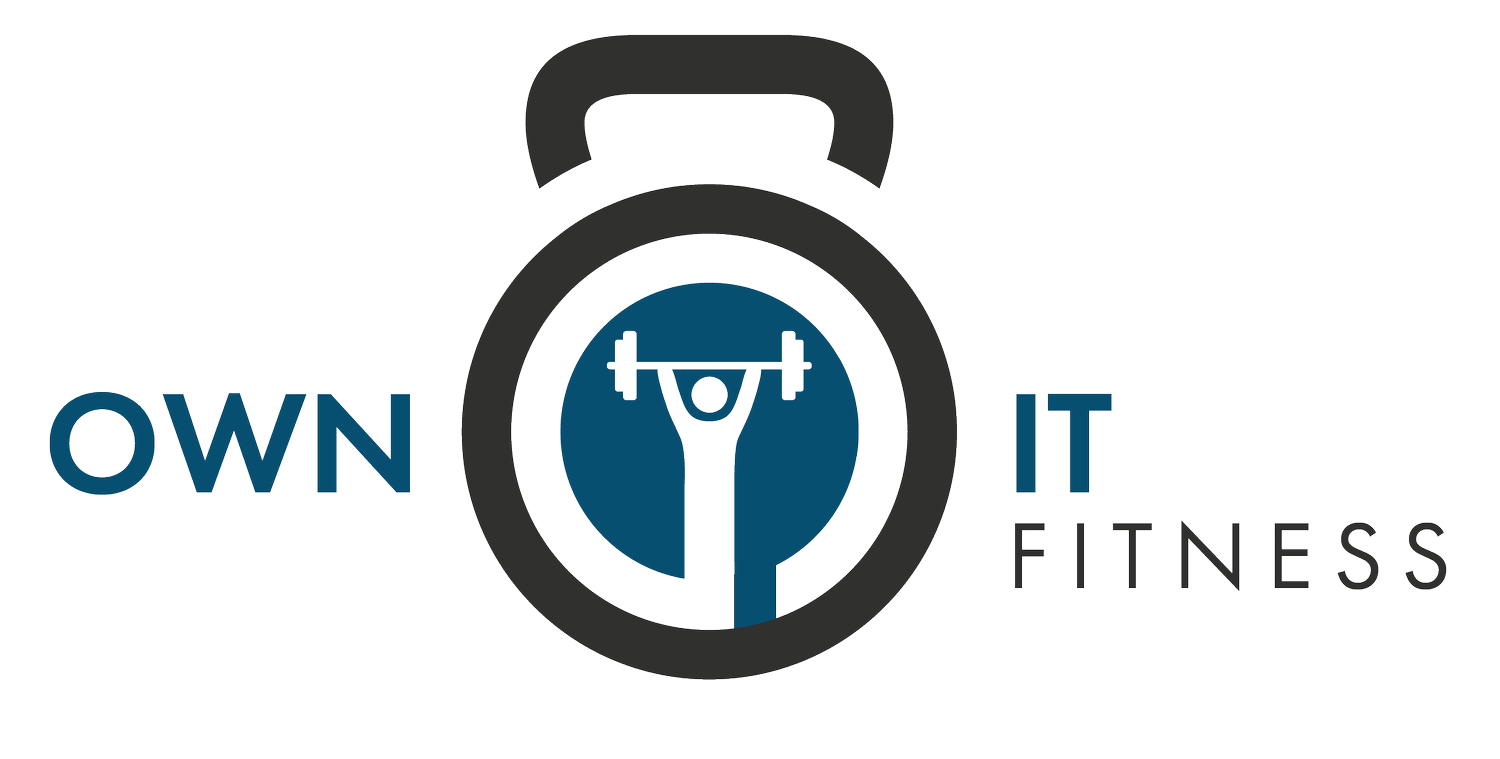"Metabolism Myths: Separating Fact from Fiction to Boost Your Energy"
When it comes to metabolism, the myths are endless, and it’s no wonder people feel confused about what actually works. We’ve all heard tips and tricks like, "Eat six small meals a day to speed up your metabolism," or "You just have a slow metabolism—you’re stuck with it!" But here’s the thing: Most of these are just myths that keep people stuck and frustrated.
Today, we’re cutting through the noise. I’m here to separate fact from fiction and give you real, actionable strategies to boost your energy and feel amazing.
Myth #1: "Your Metabolism Is Fixed—You Can’t Change It"
Let’s get this one out of the way first. There’s a common belief that you’re either blessed with a fast metabolism or cursed with a slow one. It’s easy to blame everything on a "slow metabolism," but the truth is, your metabolism isn’t set in stone. Sure, genetics play a role, but so do your lifestyle choices.
The Facts:
Building muscle through strength training can actually increase your resting metabolic rate (RMR), which means you burn more calories even when you’re doing nothing. A study from the Journal of Applied Physiology showed that resistance training boosts metabolism because muscle tissue burns more calories than fat tissue (source: Journal of Applied Physiology).
Other factors like sleep, stress levels, and how much you move throughout the day also have a significant impact. So no, you’re not stuck with the metabolism you have right now—you can influence it.
Takeaway: If you want to rev up your metabolism, focus on activities that build muscle and improve overall lifestyle habits like sleep and stress management.
Myth #2: "Eating Small Meals Frequently Speeds Up Your Metabolism"
This is one of the biggest myths out there. Somewhere along the line, the idea that eating every 2-3 hours would "keep your metabolism fired up" caught on. But does it actually work? Not really.
The Facts:
The process of digesting food (called the thermic effect of food) does increase metabolism slightly, but it’s the total amount and quality of food you eat that matters more than how often you eat it. A study in the British Journal of Nutrition found that meal frequency doesn’t have a significant impact on metabolic rate (source: British Journal of Nutrition).
That said, if eating more frequently helps you manage hunger and avoid overeating, it can be a good strategy for you. It’s about finding what fits your lifestyle and keeps you consistent.
Takeaway: If eating three meals a day works for you, stick with it. If you prefer smaller, frequent meals, that’s fine too. Just focus on the quality of the food, not the timing.
Myth #3: "Cardio Is the Best Way to Boost Metabolism"
I get it—cardio is often seen as the holy grail for weight loss and boosting metabolism. But here’s the truth: While cardio can help burn calories in the moment, it doesn’t have the same lasting effect on your metabolism as strength training does.
The Facts:
Strength training builds lean muscle mass, and muscle burns more calories at rest than fat does. In fact, research published in the American Journal of Clinical Nutrition shows that people who engage in regular resistance training experience an increase in their metabolic rate (source: American Journal of Clinical Nutrition).
Cardio has its place, but if you’re relying solely on cardio to boost your metabolism, you’re missing out on the long-term benefits of strength training.
Takeaway: Don’t ditch cardio, but make sure you’re incorporating strength training into your routine for the best metabolic boost.
Simple Ways to Boost Your Energy and Metabolism
So, now that we’ve busted some myths, what can you actually do to rev up your metabolism and feel more energized? Here are a few practical tips you can start today:
Prioritize Protein: Eating more protein can help boost your metabolism because your body burns more calories digesting protein compared to carbs or fats.
Get Enough Sleep: Sleep is a game changer. Lack of sleep can slow down your metabolism and make you crave sugary, high-calorie foods.
Stay Hydrated: Even mild dehydration can slow down your metabolism. Aim to drink water consistently throughout the day.
Strength Train Regularly: Make lifting weights or resistance exercises a part of your routine. It’s one of the most effective ways to increase your resting metabolic rate.
Wrapping It Up: Ditch the Myths and Focus on What Works
The bottom line is this: Don’t waste your time on metabolism myths and quick fixes that don’t deliver. Instead, focus on sustainable, evidence-based strategies that will actually help you feel more energized and boost your overall health. It’s not about working harder—it’s about working smarter.
If you’re ready to take your energy and fitness to the next level, check out our Own It Fitness THRIVE Trial. We’ll help you build a plan that fits your lifestyle, keep you motivated, and deliver real results. Let’s own your fitness journey together—CLICK here head over to our website and get started today!
